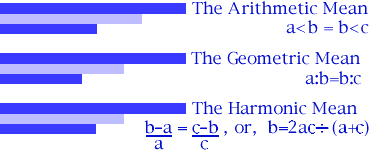Description
The basic form of the categorical syllogism is: If A is part of C then B is a part of C. (A and B are members of C).
Major premise
The major premise (the first statement) is a general statement of the form ‘All/none/some A are B’, for example:
All men are mortal.
This statement is not challenged and is assumed to be true.
Minor premise
The minor premise (the second statement) is also a statement about inclusion and is also assumed to be true. It is usually a specific statement, for example:
Socrates is a man.
It may also be a general statement with a reduced scope. Thus, for example, when the major premise takes the format of ‘all’, the minor premise may be ‘some’. The minor premise is also assumed to be true.
Conclusion
The conclusion is a third statement, based on a combination of the major and minor premise.
Socrates is mortal.
From the truth of the first two statements, a truth is created in this third statement. The trouble is that this ‘truth’ is not always true — yet it often appears to be quite a logical conclusion.

































